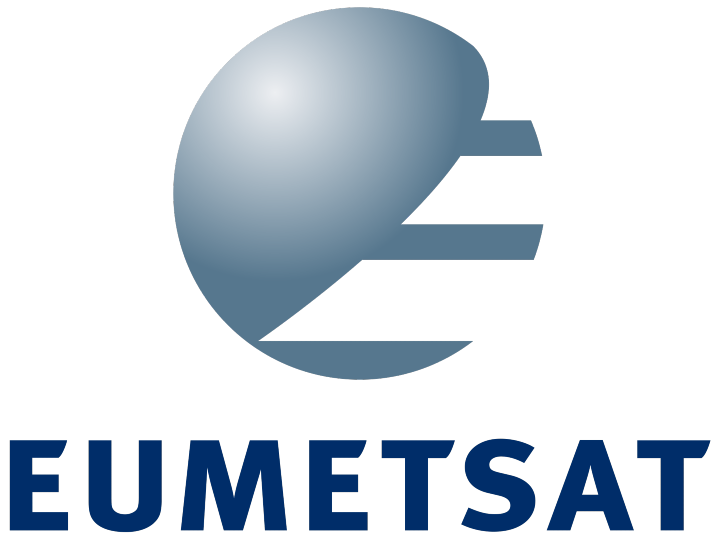Mission Planning Software Application Engineer

Mission Planning Software Application Engineer
The EUMETSAT Mission Planning System (MPS) is a critical asset of the EUMETSAT Ground Segment for the operations of Earth Observation missions.
The Mission Planning Software Engineer will be part of a dynamic international team responsible for a broad spectrum of Mission Operations Applications.
The successful candidate will ensure evolution and maintenance of the MPS generic elements and their instantiation for LEO and GEO space missions in development or already in orbit.
Close collaboration with the Flight Control Teams will offer her/him the enriching experience of seeing the end-use of the systems under her/his responsibility.
This role is rooted in the mission of EUMETSAT and will provide the opportunity to work with leading IT, Space and Earth Observation organisations and domain experts to make a positive impact on society!
What you’ll be doing
- Ensure Software Engineering of both multi-mission kernel and mission-specific Mission Planning System software products, from requirements definition to validation and maintenance in collaboration with cross-functional internal teams using and procuring MPS;
- Define, design and maintain the EUMETSAT Mission Planning System’s reference architecture and promote its adoption within new space missions;
- Management of industrial contracts through SLA and KPI;
- Identify opportunities for optimisation and promote innovation within the engineering team, by staying up-to-date with the latest industry trends and emerging technologies, to drive product excellence and cost effective solutions into operation.

Requirements
Qualifications
- Engineering degree in a relevant discipline (e.g. software engineering).
Skills and Experience
Knowledge and experience required:
- Five years experience in the development and maintenance of medium-large scale software systems in a high-availability (24 h/day) environment;
- Specification, architectural design, development and maintenance of space missions critical applications under CCSDS and ECSS standards;
- Modern software technologies (e.g. web and cloud, containers and containers orchestration) and optimized software lifecycle management (requirements and design engineering, continuous integration, verification and deployment as well as anomaly handling);
- Good interpersonal and communications skills, team spirit and service oriented;
- Strengths in synthesising and presenting complex problems and solutions.
Knowledge and experience in the following areas/systems would be a distinct advantage:
- Mission planning functions and implementation solutions for space missions;
- Java and C++ programming languages and related development environments, as well as open-source solutions and technologies applied to the Mission Control domain;
- Mission control and flight dynamics functions as systems to be interfaced by Flight Dynamics Systems as well as spacecraft flight operations procedures and simulations functions;
- Understanding of spacecraft flight operations procedures and simulations functions;
- Software support to end-user Flight Control teams and management of industrial contracts.
What we offer
- Excellent salary, of up to Euro 7,500 NET (after tax) based on skills and experience
- Flexible working time including additional flexi-leave
- Full medical coverage for employee and family
- Attractive pension
- 30 days of annual leave + 14.5 days public holidays
- Training and development support
- Relocation allowance and support (if applicable)
EUMETSAT is an international organisation employing staff from across all 30 member states and this role is being advertised on multiple international job boards, but please note that this role would be based in Darmstadt, Germany and would require international applicants to relocate if successful.
Please apply by 11th of October 2023 by clicking the Apply button.
Eumetsat - monitoring weather and climate from space
EUMETSAT is Europe’s meteorological satellite agency, operating satellites that monitor the weather and climate from space - 24 hours a day, 365 days a year.












































